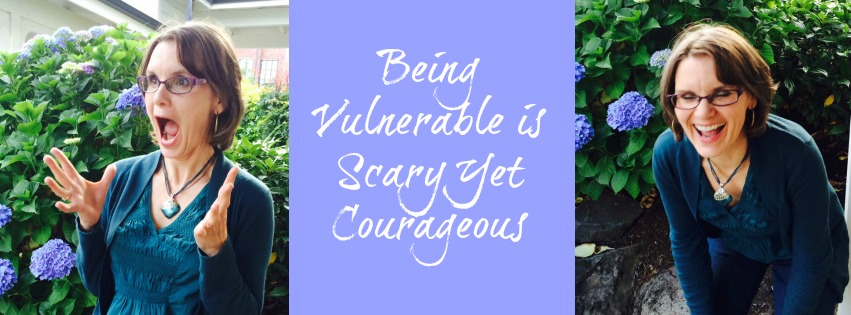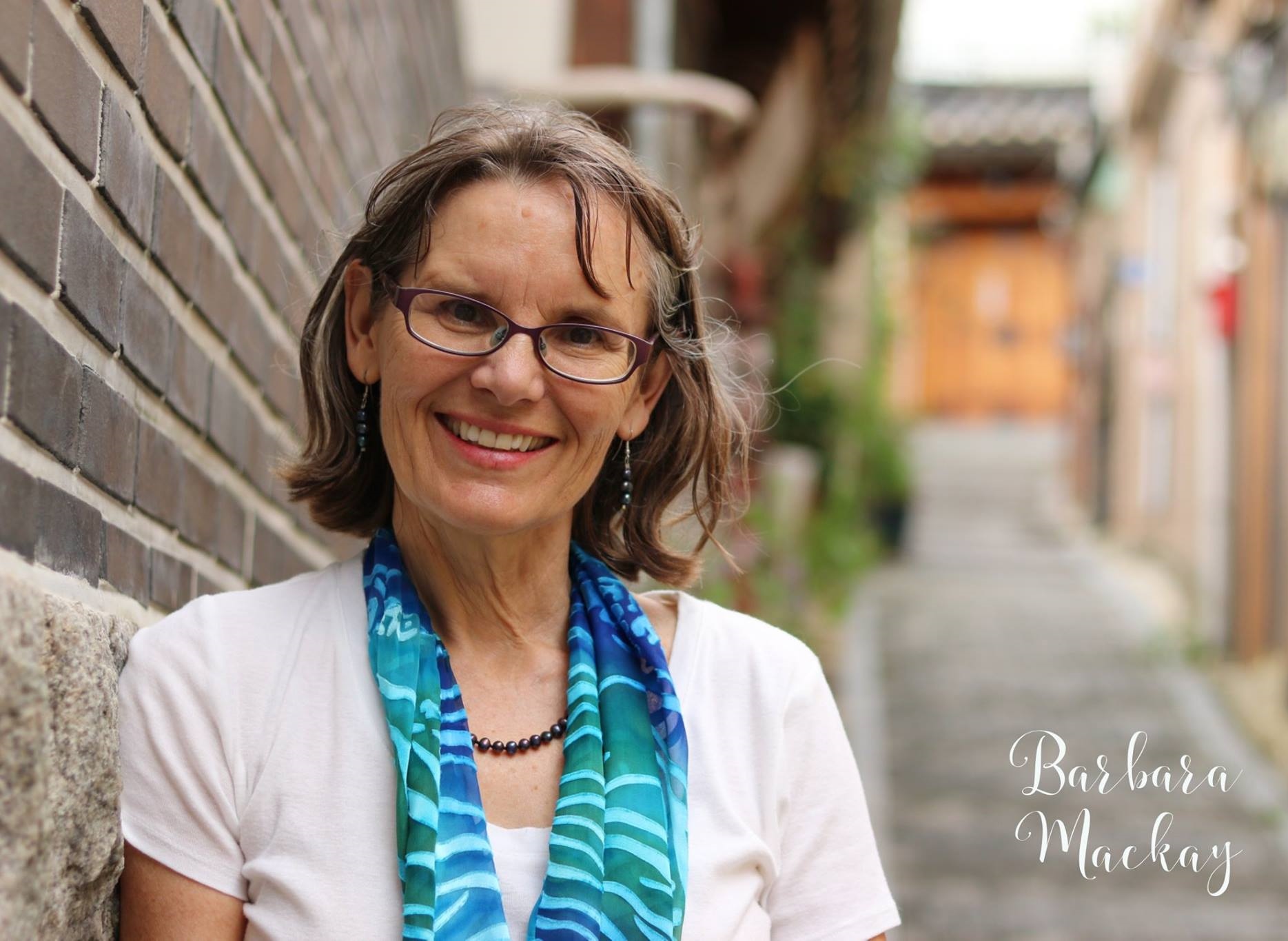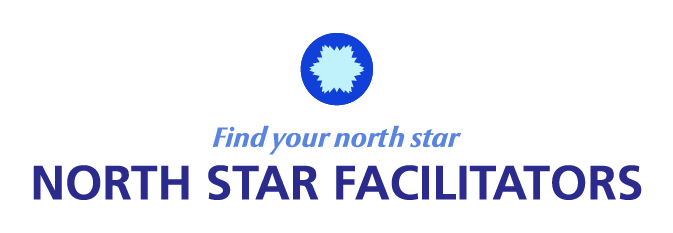Let’s Talk About My Mistakes

Making mistakes. We all make mistakes yet it is fairly painful to talk about them. It also potentially compromises our credibility. I listened to a radio show last night about a Canadian doctor who shared a TedTalk about the biggie mistakes he had made. Wow! Doctors talking about mistakes! Then I heard Brene Brown talk about her shame and vulnerability in her famous TedTalk. She said that being vulnerable is really about being courageous. I have always thought that being a facilitator requires huge amounts of courage. My co-assessor for certification in Asia reminded me that transparency is key in a facilitator as well. So the connection is when we make mistakes and are able to talk about them, we practice being vulnerable, courageous and transparent. And in practicing these three things, we are more likely able to build authentic connections between ourselves, our clients and our participants. So guess what? I’m going to share my biggest mistakes with you right now in this blog. Thus, the scared looking face on the left! At the end of all this I hope you will laugh with me (right hand photo). I will also share how I am now better able to look honestly at my mistakes, learn from them and use a framework to help me feel more confident when I think I may have made a mistake or when I want to fix a mistake.
Let’s start with a smaller mistake.
I was working with a small food Cooperative (grocery store owned by customers) in my early facilitation days. The manager of the coop was much more business oriented than the staff. He was new. He was definitely creating some high levels of tension in the organization. I did not have a lot of conflict resolution training at the time. I likely opened up “the can of worms” a little too early. Staff began venting openly and earnestly about their issues with the new manager. He was in the room. I think this was quite a shock to the manager. I remember leaving that short session feeling I had made a huge mistake. What right did I have to create such an unsafe environment and then walk away leaving them to pick up the pieces? I thought about it for a week and then I had the courage to call the manager and a staff member to see how they were doing. To my surprise, the manager said that although it had been very painful for him, it had also been extremely useful and he was now aware of how his behavior was affecting everyone and that he had taken steps to have some more heart to heart talks with the staff. The staff person said that it was the best thing that ever happened to them. Once again my photo on the left was how I left them, and the photo on the right could have been my laughing with huge relief. I still made a mistake. In hindsight I would have thought very carefully about setting up a safe environment for them to “clear the air”. More on this later.
Moving on to a bigger mistake.
The next story that stands out in my mind is when I was co-facilitating a huge government change initiative. I had spent quite a lot of time designing and collaborating with the client group about how to merge two huge departments. This was about mid-career. Don’t think that only newbie facilitators make mistakes. Just wait until you hear the last story. This memory is so painful I really don’t remember very much. The one scene that stands out is when we had a huge amount of data posted on the walls. Imagine a gym size wall full of data. I realized with 1.5 hours to go it was highly unlikely that I was going to help the group reach some sort of resolution. I realized that I had created this giant, chaotic pot of data that no one would know what to do with and we hadn’t really gotten to the meat of the issue. So I had 150 people irritated with me, confused and likely pretty unsure of my ability to help them. I turned to my co-facilitator during break in utter panic and muttered under my breath, “I have no idea what to do! I think I’m really going to screw this one up.” My sweet co-facilitator blindly trusting my abilities said, “Barb, you can do it! I’ve seen you pull miracles off in the last hour. You just need to do it again.” I took a deep breath, looked at the data, and reopened the session with fake confidence. I explained where we were, why it looked so chaotic, and shared a couple of ideas of how we might move forward. I told them to share their thoughts at their small table groups for 5 minutes and let me know if they wanted me to proceed in one of the ways I had suggested. Miraculously they believed in my confidence, offered a small change to one of the processes and we proceeded 10 minutes later. Once again, I squeaked through and the results were not great, nor were they disastrous.
The mistakes I made here was that 1) I panicked and did not trust the methods that had seen me through many times and 2) I likely didn’t set enough context and “ground them” by letting them know there would be times when the data would seem overwhelming and that I as a facilitator had very good processes to help them find the insights behind the data. If you want to know the process I used or the framework I would use today to help me deal with both those mistakes, go to the end of this blog.
The Big Kahuna
Ok…this one is still sitting in my subconscious stewing away. So now we’re talking 20+ years of facilitation experience with a relatively recent situation. This was definitely a high stakes, make or break the organization event. I had an excellent co-facilitator. We did our homework beautifully. We were 3/4 through the event and a key participant tells us we need to do something differently. This something different would mean that we would possibly not deliver on the outcomes we had set out with the client. This something different, however, was exactly what they needed (I think)…I’m still thinking about this. So we opened up the agenda to some honest, authentic sharing. My gut kept telling me as the minutes ticked by that I could do BOTH, the honest sharing and get the practical product that they wanted. But I left it too late. We had a great discussion that was invaluable but we didn’t get the product. When I followed up with the client, he cancelled the meeting and did not return my emails or calls. I am still wondering if the organization is even in business now or if the leader is still there. My commitment to you, blog readers, is to try at least one more time to follow-up and find out what has happened since the intervention. I will report back next time. It’s a terrible feeling to put a lot of effort into an organization only to learn that perhaps the leader left their position or that the organization has gone out of business. This is my worst fear.
I really don’t know what my mistake was here. I know I feel badly. Maybe we should have a little time at the end to “ground” them and reach concrete next steps. It might turn out that this wasn’t a mistake at all. The only real mistake might be that I have not tried hard enough to follow-up and find out what really happened. So to ease my conscience and possibly even help this organization on the next steps of their journey, I need to keep trying to connect.
Learning From Mistakes
When you or I make mistakes, it not only affects the client but it affects our confidence. It’s really important to understand that we will make mistakes. That is inevitable. Sometimes we’re just not the right person at the right time. Sometimes we honestly just don’t use the right process. Often we don’t pay enough attention to the essential ONE THING we can do to make a difference.
Links Referred to In this Blog
TedTalk – Brian Goldman’s “Doctors Make Mistakes. Can we talk about that?”
TedTalk – Brené Brown’s “The Power of Vulnerability”
TedTalk – Brené Brown’s “The Power of Shame”
The Complete (Abbreviated) Guide to Consensus
(includes ToP Consensus Workshop method)
Pictures of the Portland/Mt. Hood Area


